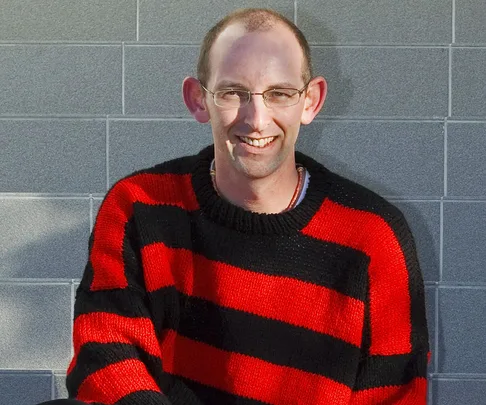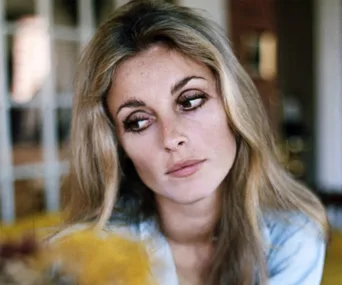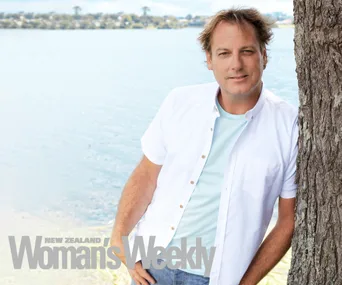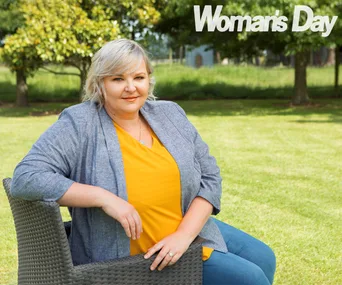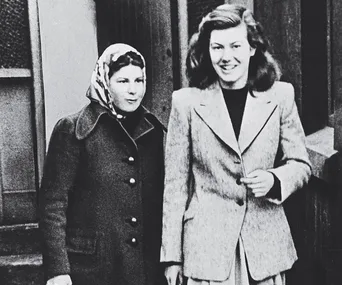Five people dead. Nearly 13 years served in prison. Nearly $7 million spent on two court cases. A 15-year campaign for justice.
And now, 25 years after one of New Zealand’s most notorious and controversial murder cases, a TV series is being made about the Bain murders.
The deaths of five members of Dunedin’s Bain family, along with the conviction and subsequent acquittal of David Bain, have gripped the nation since a 111 call was made at 7.09am on June 20, 1994.
A distressed David, then 22, told the operator, “They’re dead, they’re all dead.”
When police arrived at his home in Every Street, Andersons Bay, they found the bodies of David’s family. His father Robin (58), mother Margaret (50), sisters Arawa (19) and Laniet (18) and brother Stephen (14) had all died from gunshot wounds.
David said he had returned home from his paper run to find the carnage. A message typed into the family computer said, “Sorry, you are the only one who deserved to stay.”
Four days later, the music and classics student was charged with the murders of his family, whose dysfunctional life would be laid bare and become the subject of much discussion.
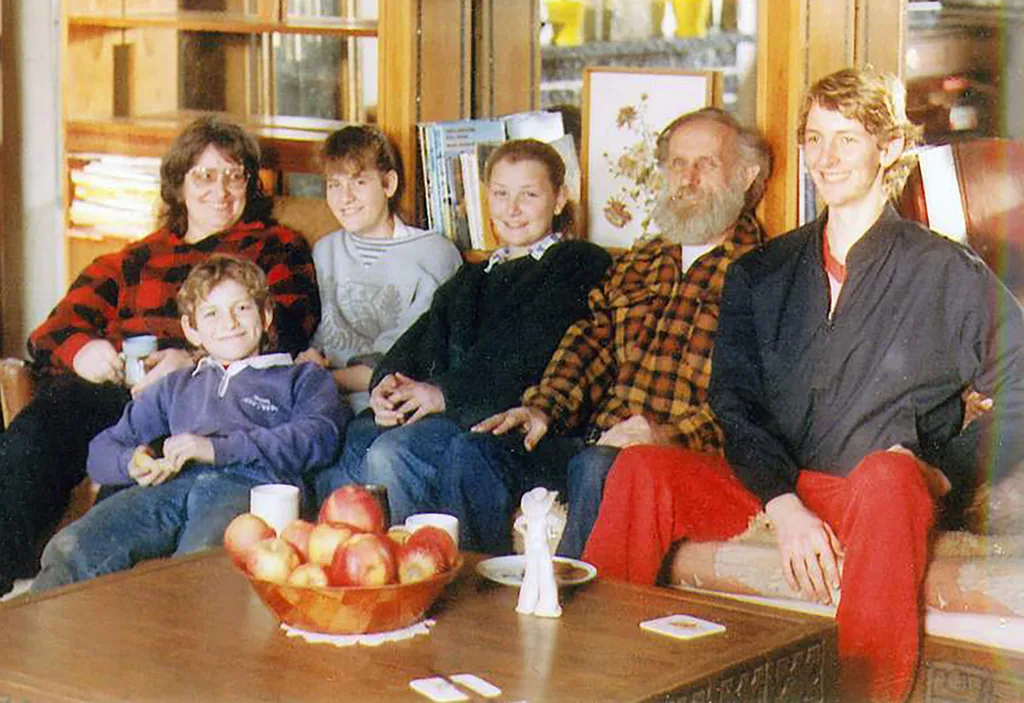
In this family snap, smiles hide tensions. From Left: Margaret, Stephen, Arawa, Laniet, Robin, and David.
His trial began in May 1995, with the Crown alleging he killed his mother and siblings before doing his paper run and then returned home to shoot his father.
They presented evidence they said showed he had killed his parents and siblings, including a lens from his glasses found in Stephen’s room.
The teen had tussled with the killer and was partially strangled before being shot. The murder weapon was David’s gun and his bloody fingerprints were on it, the prosecution said, and David had said he heard Laniet gurgle, which they contended only the killer could have heard.
They said he had left the message on the computer to try to shift the blame to his father.
Meanwhile, David’s lawyers said Robin had shot his wife and three of his children before committing suicide.
A motivation was not obvious.
The prosecution claimed David slaughtered his family for money – he wanted to be the sole person to inherit money that had been put aside for a new house to replace the family’s crumbling home.
Meanwhile, the defence maintained that Robin was “a proud school teacher who had been rejected by his family and had snapped after months of pressure”.
In summing up to the jury, Justice Neil Williamson said the events surrounding the Bain murders were “so bizarre and abnormal that it was impossible for the human mind to conceive of any logical or reasonable explanation”.
At the end of the three-week trial, David was found guilty and sentenced to life in prison, with a non-parole period of 16 years.
But that wasn’t the end of the case. He continued to maintain he was innocent, and, supported by former All Black Joe Karam, launched a campaign to have his convictions overturned.
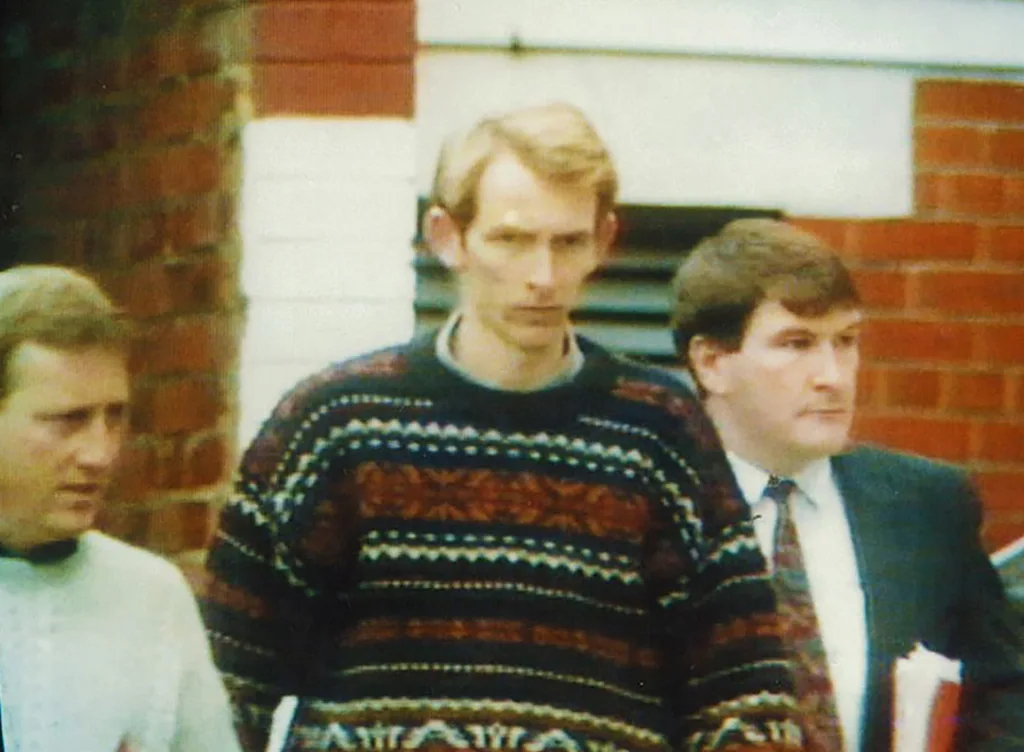
David’s woollen jumpers became famous in New Zealand.
Did the mild-mannered student really shoot his mother and siblings before heading out on his paper run, and then, after returning home, lie in wait to kill his father and type the message about being the only one who deserved to live?
Or was the murderer Robin, who was estranged from his wife and lived in a caravan in the back garden?
Joe, who’d moved on from rugby to become a successful businessman, had never met David but became embroiled in the battle to free him after reading articles about the case and becoming convinced there had been a miscarriage of justice.
In one of four books he penned about the case, he wrote, “[David’s] innocence is the only possible conclusion.”
A 1996 application to the New Zealand Court of Appeal was unsuccessful, but seven years later the case was finally heard before the court.
David’s lawyers said more people had come forward since the 1995 trial to back up claims that Robin had been having an incestuous relationship with Laniet, and she was planning to confront her family about it when the murders took place.
They said this gave Robin a motive. However, the appeal was dismissed.
Unwavering and determined, Joe and David’s legal team travelled to London in March 2007 in an attempt to get the convictions quashed by the Privy Council. They said new evidence had been discovered after the trial, and if it had come to light earlier, David would never have been found guilty.
The Privy Council ruled that “the fresh evidence . . . compels the conclusion that a substantial miscarriage of justice has actually occurred in this case.”
The convictions were quashed and a retrial ordered. In May 2007, after 12 years and 11 months in prison, David was released on bail.
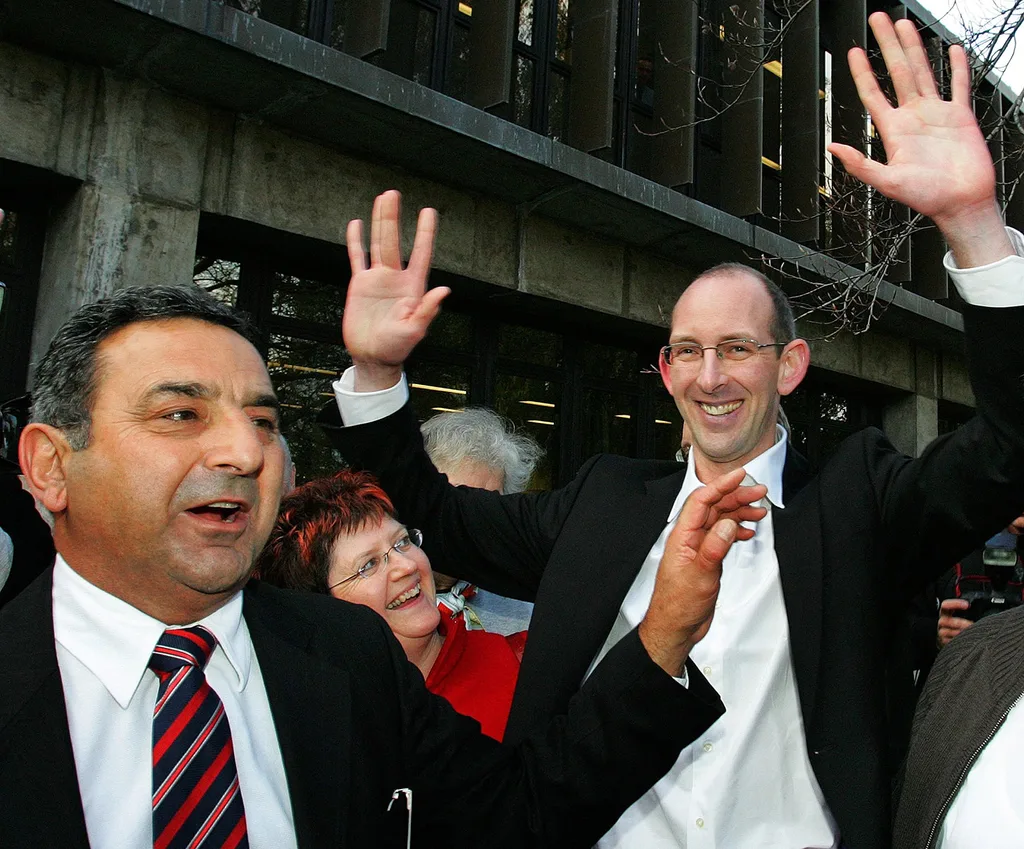
Joe Karam with David on his release on bail in 2007.
This time, the trial lasted three months – beginning in March 2009 in Christchurch – instead of three weeks.
The jury heard from 130 prosecution and 54 defence witnesses. The crown once again asserted that evidence such as the lens in Stephen’s room, and David’s bloody palm print on the side of the washing machine, proved David’s guilt.
The defence, led by Michael Reed, QC, called the Crown’s case absurd, and the police investigation flawed. He said police should have looked more closely at Robin Bain as a suspect, especially as he was reportedly on the verge of being accused of committing incest.
Robin was deeply depressed, and had “flipped”, the defence said.
The retrial focused largely on Robin and his state of mind before the murders, and became tit-for-tat – just about every piece of evidence produced by one side was countered by the other.
The Crown called a friend of Robin’s who said there was no sign he was depressed, while the defence produced half a dozen witnesses who described him as haggard, unkempt, frustrated and “a walking cadaver”.
Three pathologists testifying on behalf of the Crown said they believed Robin had not committed suicide, but the defence then produced specialists who showed how he could have shot himself.
The defence claimed Robin was the only one with a motive. The Crown gave no motive for David wiping out his family. He did not testify at the trial.
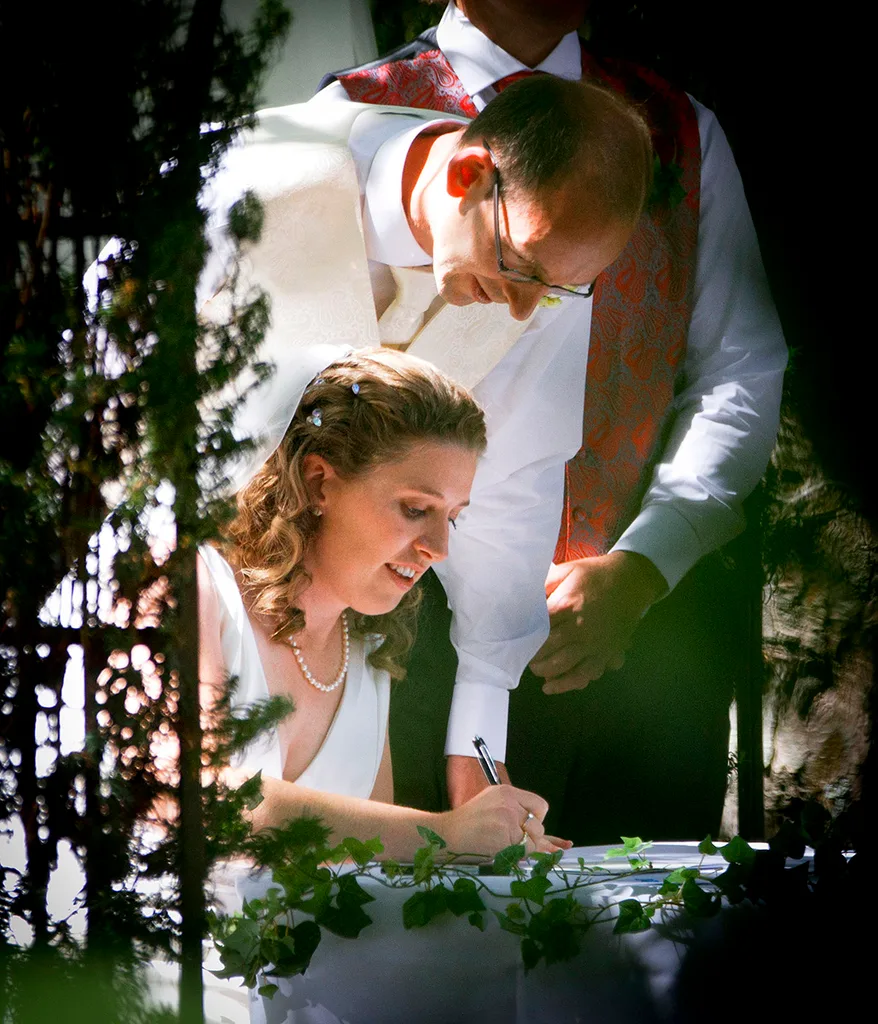
David and Liz Davies tied the knot in 2014. She’s the daughter of one of his most loyal supporters.
On June 11, after less than a day of deliberations, the jury found David not guilty on all five charges.
Outside court, an emotional David thanked his supporters, in particular Joe, saying, “Without Joe and his solid strength… I wouldn’t have made it through this far.”
Joe said the truth had “finally fallen where it has always been”.
In March 2010, David lodged an application for wrongful imprisonment. The Government commissioned a report from retired Canadian Supreme Court Justice Ian Binnie to examine the application.
He found it implausible that David would go off and do a paper run in between slaughtering his family and concluded that he was innocent “on the balance of probabilities”.
Justice Binnie said David should be paid compensation but the Government did not accept the finding and commissioned a new report, this time from retired Australian judge Ian Callinan. The Callinan report found the opposite, that David did not prove his innocence on the balance of probabilities.
On his advice, the government rejected David’s application for compensation for wrongful conviction but agreed to pay him $925,000 to put an end to any further legal action.
David is now 47. Five years ago, he married school teacher Liz Davies and changed his name. It is believed that they have moved with their young son to Australia.
The five-part TV series Black Hands will cover the month leading up to the murders, as seen through the eyes of the victims and the accused. It will apparently leave it to viewers to decide what they think happened that fateful morning.
NZ on Air is contributing up to $5.2 million to production company Warner Bros for the project, which will screen on TVNZ 1 at a future date.
